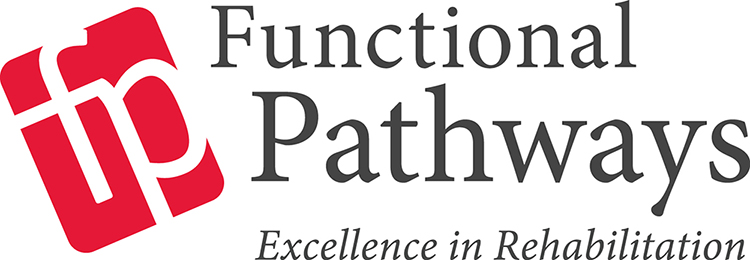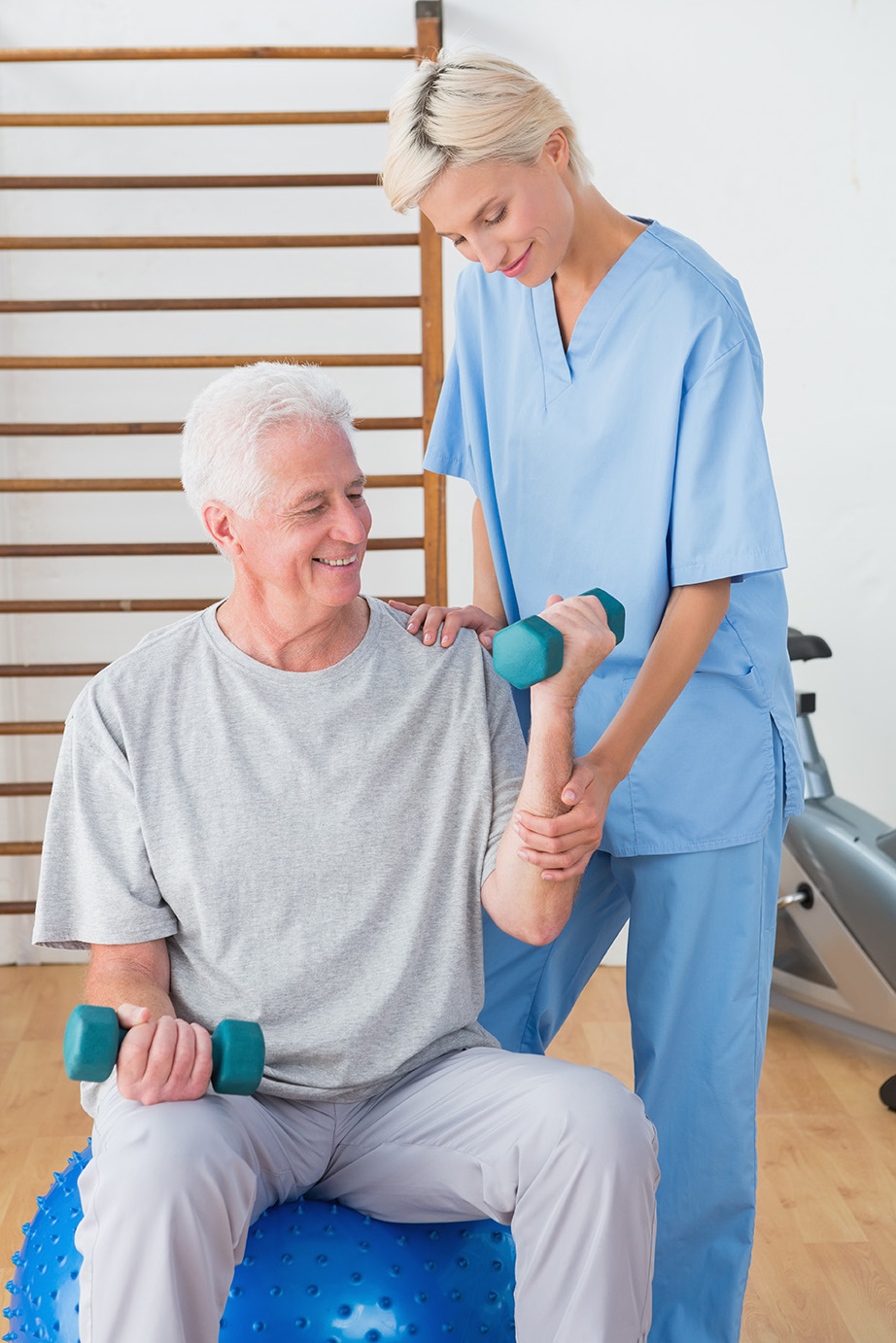As healthcare reform continues focus on the service delivery model for rehabilitation services, “transition” is now the verbiage to use versus the traditional term of “discharge”. As a verb, transition is the process or period of changing from one state or condition to another; as a noun, it means to undergo or cause to undergo a process or period of transition. Our goal is to adequately prepare the resident to be successful in their next level of care.
Top level researchers have identified seven key metrics linked to transition. These include:
- A formal operational planning process
- Transfer of information
- Engagement of the healthcare provider
- Engagement and engagement of the resident/caregiver
- Shared accountability
- Medication management
- Follow up care
It is very important to clearly understand the importance of resident and caregiver communication regarding their transition expectations. By establishing goals upon admission, we can utilize a variety of educational experiences to facilitate optimal understanding and accountability. Many of our residents do not have clear understanding of their medical condition, and they lack the ability to monitor the signs and symptoms of their disease or injuries. Their medications may be altered frequently during transitions. They may lack a clear understanding of their discharge needs. They look to us, their healthcare provider, for guidance — and it is our responsibility to offer this to the best of our knowledge and abilities.
It may be beneficial to review therapy care plans with the following questions in mind:
- Are the plans functional and relevant to the specific needs of the resident in the anticipated discharge location?
- Will our resident will be able to function independently or will they require the support of a caregiver?
- Will environmental modifications be required?
- Do we have a picture of the home environment via measurements and photos?
- Do we understand our role as a patient advocate?
- What resources do we use in our role as a health advocate?
- Do we feel comfortable in our role as a health educator?
- Do we comfortable with the principles of adult learning?
- Can we optimize opportunities to improve our collaboration with the interdisciplinary team?
Education for our residents and caregivers can easily be proven in individual and group settings. The Ohio State University webpage has extensive resources which can be beneficial as we focus on innovative transition planning, found here.


Comments (0)